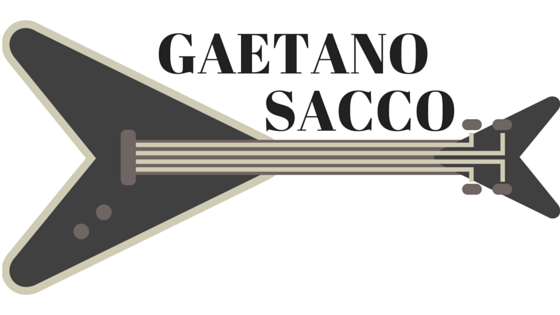April 13 marks the fifteenth anniversary of a prominent lawsuit in music history. In 2000, Metallica sued Napster. This legal dispute led to the development of other music platforms and devices such as iTunes and the iPod. The terms of this lawsuit are in many ways still alive with the use of new platforms. Discussions about Tidal and Spotify among the music artists of today are a spin off of the lawsuit that took place back in 2000.
 Napster was a program developed in 1999 by a very young Shawn Fanning. He created a means for people to share music files for free. Greater than creating mixtapes for friends, the ease of this service placed the entire music industry on its ears. If sharing music was this easy, listeners would no longer spend their money on the same sounds they could obtain for free. This fundamental realization is what sparked the lawsuit from Metallica.
Napster was a program developed in 1999 by a very young Shawn Fanning. He created a means for people to share music files for free. Greater than creating mixtapes for friends, the ease of this service placed the entire music industry on its ears. If sharing music was this easy, listeners would no longer spend their money on the same sounds they could obtain for free. This fundamental realization is what sparked the lawsuit from Metallica.
Was Napster actually an illegal service?
Absolutely.
The distribution of copyrighted material is indeed illegal. However, the widespread possibilities of Napster made this company a great threat. Metallica’s drummer, Lars Ulrich, stepped up as a spokesperson on the topic. In a short amount of time, the band gained the attention of business executives. In the matter of the case, Metallica won. Them and the RIAA stated several valuable claims eventually leading to the destruction of Napster forever. Rhapsody took in what was left and that was that.
The case of Metallica vs. Napster marked the beginning of ongoing suits and disagreements with the sharing of copyrighted files. While the initial case ended, many disputes to come were business to business problems. Youtube for example was sued by Viacom over copyright infringed video clips. Spotify and iTunes are also at competitive odds. There is ongoing haggling and negotiating between companies for business that all related to the original Metallica vs. Napster case.
For more information, visit The Verge here.
